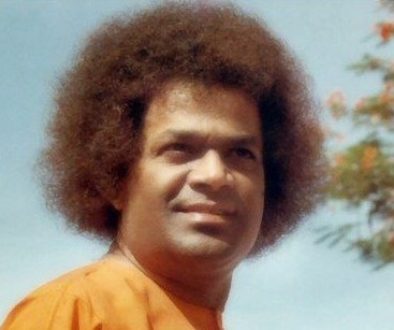Three Dimensions of Hindu Ecology: Soil, Soul and Society
Satish Kumar2012
This paper outlines a tripartite approach to ecology, based on the ancient Hindu text, the Bhagavad Gita. It proposes a holistic approach to life based on a philosophical trinity that encompasses: ecology, spirituality and humanity. This trinity is sourced from and outlined in the Sanskrit concepts of human/nature relationships (yagna), human/divine relationships (tapas) and human/human relationships (dana). These terms are translated into the conceptually equivalent themes of ‘Soil’, ‘Soul’ and ‘Society’, and explored in light of current environmental issues and trends.
The autor proposes that we must realise, rather than being separate, we are interdependent and part of nature (Soil); that we must reconnect with our souls, and become at peace with ourselves if we are to have a harmonious relationship with nature (Soul); and that a movement is needed to create fairer conditions for humanity, that foster social harmony, and align with care for the earth and our own souls (Society). It is argued that each element of this tripartite philosophy must be applied together because they are interdependent; only in this way can we solve the disharmony, violence and destruction being caused to humanity and the environment.
A clear and concise synthesis presented by an author born and trained in the Sanatana Dharma, who has lived a large part of his life in the United Kingdom, involved with deep ecology organisations, and hence accustomed to dialogue with the modern western point of view.
Reference
Satish Kumar. 2012. Three dimensions of Hindu ecology: Soil, Soul and Society.
Religions: A Scholarly Journal, Volume 2012, Issue 1, Oct 2012,
DOI: https://doi.org/10.5339/rels.2012.environment.16
Published Octuber 1, 2012




